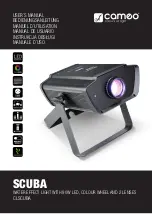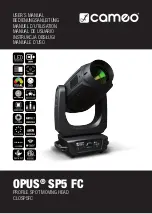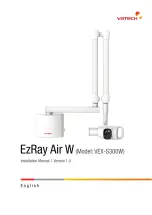
3.9.3
Operating with an R-Series Rotary Disc Header
Because the conditioner rolls on an R-Series Header are farther ahead than all other headers, delivering light crop
from the conditioner rolls to the side delivery deck on the Double Windrow Attachment (DWA) may require special
attention.
The following three areas can affect crop flow to the deck:
Crop flow from the cutterbar to the rolls
• Header cut width must be kept as full as possible on the right-hand side. Any less than 75% may have adverse
effects on feeding.
• Feed plates must be installed for appropriate crop. They are required for forage but not for alfalfa (refer to the
header operator’s manual).
• Higher ground speeds will usually result in better crop flow from the conditioner rolls to the deck. Ground speed
should be a minimum of 10 km/hr (6 mph) for light crops.
• Disc speed must be within the recommended range for the specific crop/yield (refer to the header operator’s
manual).
Crop flow from the conditioner rolls to the forming shield
• The rear baffle on the R-Series Header should be in the uppermost position. However, it may need to be lowered
for center windrowing.
• Remove the fins on the rear baffle to prevent interference with the crop flow.
• The crop trajectory arc is higher with a steeper header angle. Header angle should be set such that the crop is
projected at a maximum arc height without excessive contact with the top forming shield.
• It may be possible to shoot crop above the forming shield with extreme header angle and rear baffle positions.
• In rocky conditions where a DWA is necessary, a high skid shoe kit or adjustment to gauge rollers may be required
to achieve correct stubble height while maintaining proper crop trajectory.
• Header height affects the header angle. Ideally the lift linkage should be fully down at all times.
• The roll gap should be small enough to properly grab the crop and throw it.
• The roll speed is mechanically tied to the disc speed and can affect how fast the crop is projected. Roll speed
should be in the recommended range.
Forming shield settings
• Make sure forming shield (A) is installed correctly with
bracket (B).
• Buildup of sticky crop residue on deflector sliding
surfaces should be periodically removed.
• Refer to
3.7 Positioning the Conditioner Forming Shield,
Figure 3.23: Forming Shield
214048
39
Revision A
Summary of Contents for DWA
Page 6: ......
Page 18: ......
Page 48: ......
Page 60: ......
Page 62: ...REPAIR PARTS 5 1 Deck Draper and Rollers 214048 54 Revision A...
Page 64: ...REPAIR PARTS 214048 56 Revision A...
Page 66: ...REPAIR PARTS 214048 58 Revision A...
Page 68: ...REPAIR PARTS 5 2 Linkage and Deck Support 214048 60 Revision A...
Page 70: ...REPAIR PARTS 214048 62 Revision A...
Page 72: ...REPAIR PARTS 214048 64 Revision A...
Page 74: ...REPAIR PARTS 5 3 Decals and Reflectors 214048 66 Revision A...
Page 76: ......
Page 94: ......
Page 96: ......
Page 97: ......
















































